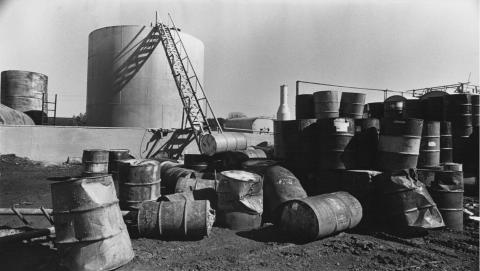Pesticides and Highly Hazardous Pesticides in Nigeria

Highly hazardous pesticides (HHPs) continue to pose unacceptable risks and disproportionately account for the negative impacts of pesticides on human health and environment, particularly in low- and middle-income countries (LMICs) including Nigeria, where they are a barrier to sustainable development. The challenge of highly hazardous pesticide management in Nigeria is enormous. Indiscriminate use and over-reliance on pesticides has been linked to increased risks to food safety and health for consumers and agricultural workers. Evidence indicates that reducing the use of HHPs would significantly reduce the negative impacts from pesticides. Concerted actions are, therefore, required to mainstream the regulation and sound management of HHPs and contribute to the achievement of the Sustainable Development Goals by 2030.
This report outlines priorities that support national HHPs phase out and calls for national and international action, guidance and support of all relevant stakeholders in addressing HHPs, which would contribute to achieving many Sustainable Development Goals.
This report relates to Sustainable Development Goals 2, 3, 6, 8, 12, 13, 14 and 15.
Special thanks to IPEN's Anglophone Africa Regional Coordinator Silvani Mng'anya and IPEN's Anglophone Africa Regional Hub AGENDA for their important contributions to the development and finalization of the project.
| Attachment | Size |
|---|---|
| 4.76 MB |
